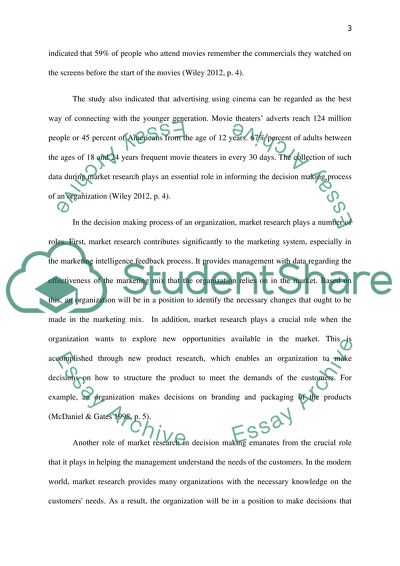Cite this document
(“Evaluate the Role of Market Research in the Decision Making Process of Essay”, n.d.)
Retrieved from https://studentshare.org/marketing/1456212-evaluate-the-role-of-market-research-in-the
Retrieved from https://studentshare.org/marketing/1456212-evaluate-the-role-of-market-research-in-the
(Evaluate the Role of Market Research in the Decision Making Process of Essay)
https://studentshare.org/marketing/1456212-evaluate-the-role-of-market-research-in-the.
https://studentshare.org/marketing/1456212-evaluate-the-role-of-market-research-in-the.
“Evaluate the Role of Market Research in the Decision Making Process of Essay”, n.d. https://studentshare.org/marketing/1456212-evaluate-the-role-of-market-research-in-the.


